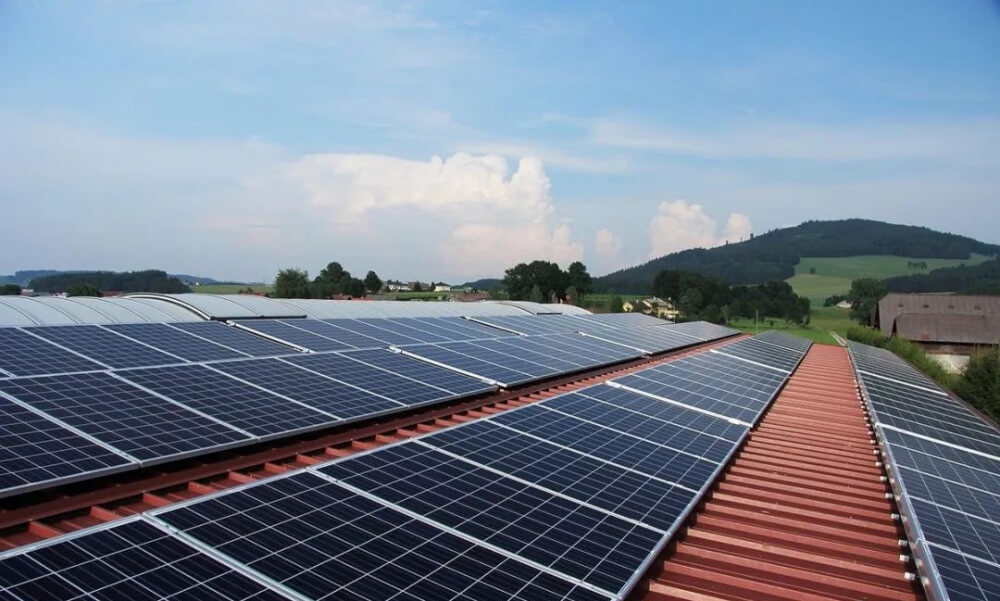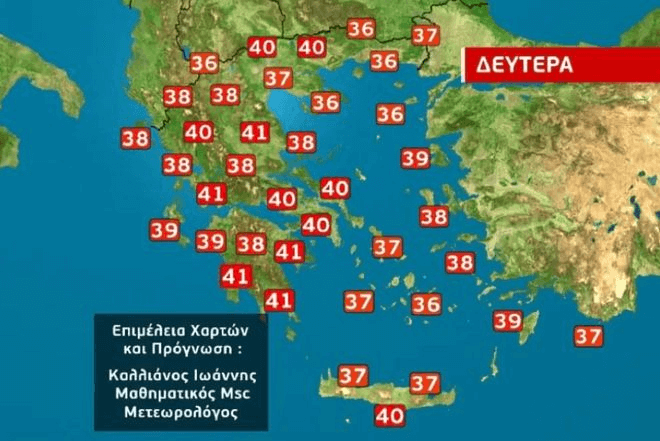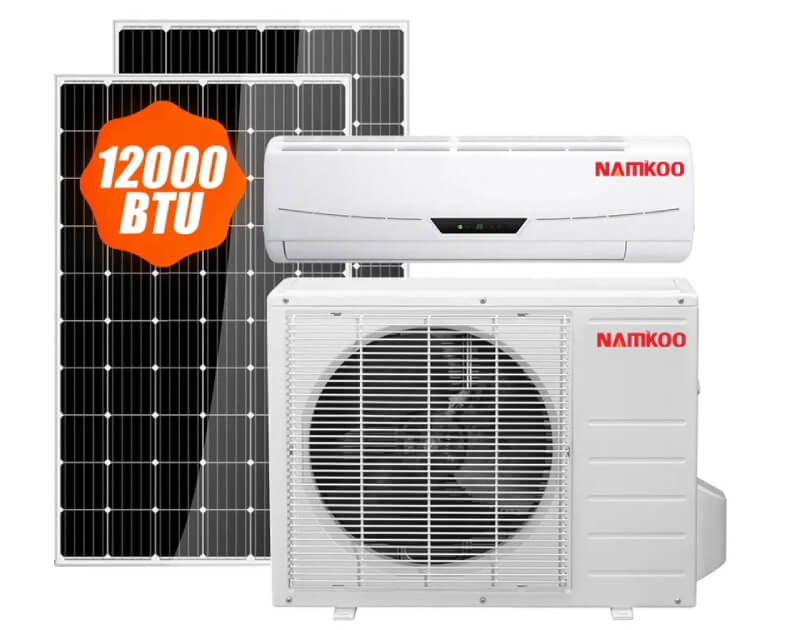Solar-powered air conditioning cools Greece
 namkoo solar
namkoo solar
Greek energy policy boosts solar energy development
In May 2022, Greece adopted its first National Climate Law, which mandates a reduction of greenhouse gas emissions by at least 55% by 2030, 80% by 2040, and net-zero emissions by 2050. At the same time, Greece is required to reduce its dependence on fossil fuels.
Compared to other European countries, especially the Nordic countries, Greece is rich in solar energy resources, with about 3,000 hours of sunshine per year and an average annual solar radiation of 1,400-1,800 kWh/m2. The Greek Photovoltaic Enterprises Association released a report estimating that in 2022, Greece's newly installed photovoltaic capacity reached an all-time high of 1,340 megawatts (MW), while in 2021 the figure was still 838 MW, an increase of nearly 60% year-on-year.

The latest IEA report shows that by the end of 2022, Greece's PV penetration rate will be 17.5%, the second highest in the world, behind Spain's 19.1%, and well above the EU average of 8.7% and the global average of 6.2%. Fatih Birol, executive director of the International Energy Agency, said Greece has taken important steps in reducing coal use and utilizing wind and solar resources. The higher PV penetration rate helps to meet the energy needs of the Greek domestic market and has a positive impact on the future development of the PV industry.
In addition, the age of buildings and vehicles in Greece is higher than the EU average, so there is more room for improving energy efficiency in the future. The Greek government needs to formulate policies and regulations in the field of building energy, deeply renovate old buildings, and upgrade heating and cooling systems.
Furnace Europe is the norm in the future

Extreme heat weather warnings have been issued in several countries, with disasters such as mountain fires and glacier collapses. European countries continue to hot weather. The World Meteorological Organization recently said that this hot weather in the future or will become the European summer "standard", high temperatures and other negative impacts of climate change will continue at least until the 21st century, the 1960s, that is, the next 40 years or so.
Our Namkoo PV air conditioning products are just right for our Greek customers. Our Greek-Swedish customer has recently purchased our grid-connected PV air conditioners, 9000btu-24000btu, of which 12000btu is the hottest seller, which is suitable for common household use. In summer, the sun generates electricity for the air conditioner. When the temperature is favorable, if the air conditioner is not turned on, the solar energy from the grid-connected air conditioning system can also be used for other electrical appliances in the house. In addition, this kind of air conditioning installation is very easy. The implementation of photovoltaic air conditioning in Europe is a future trend.
Greece is also building agricultural photovoltaic power plants throughout the country, the relevant sites to meet the needs of photovoltaic power generation can be engaged in agricultural activities at the same time. In the central Thessaly region, some agricultural irrigation canals are also constructed on the photovoltaic power plant, in the increase of clean energy at the same time, can reduce the evaporation of water. At the same time, in order to encourage people to actively use clean energy, the Greek government announced in May this year, will be installed for solar panels in the family to provide 40% -60% subsidies, subsidies totaling 238 million euros.

Currently, in order to solve the problem of insufficient load capacity of the power grid, some photovoltaic projects and grid difficulties, the Greek transmission and distribution network operators in the upgrading of the existing power grid at the same time, to speed up the construction of new lines, and reserved grid capacity to connect large-scale photovoltaic projects. The Greek government said that PV projects that are not connected to the grid for the time being can enjoy its feed-in tariff subsidy policy.



































